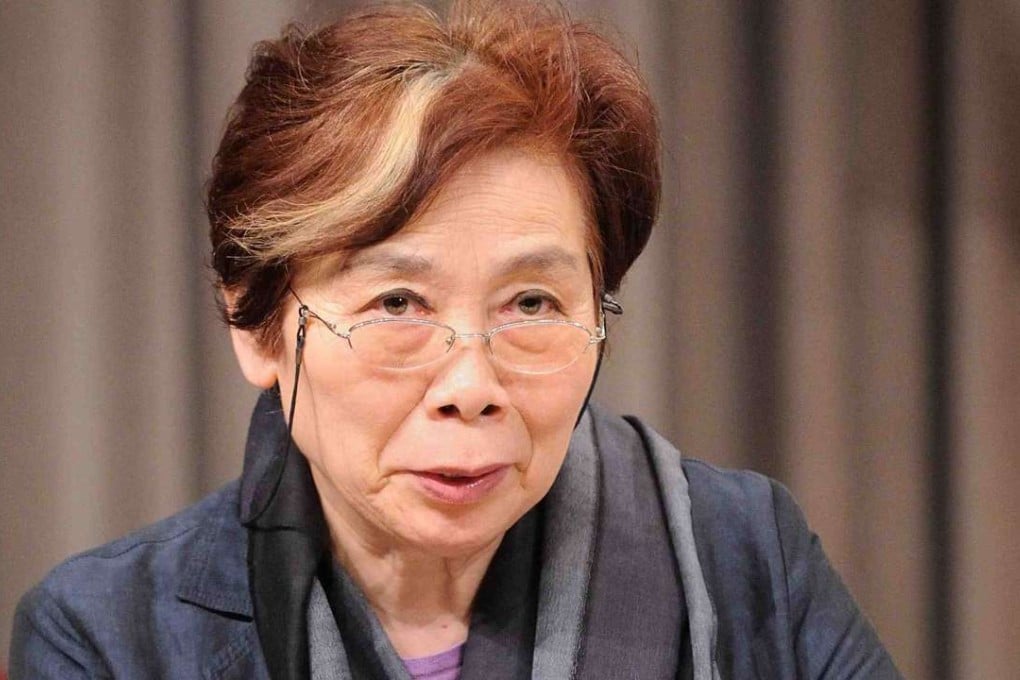Why one writer is fighting to call China’s Communist Party to account for its wrongdoings
Zhang Yihe says the party needs to apologise for wrongdoing during the Mao era and to cease curbing freedom of thought among the nation’s thinkers and intellectuals

Chronicling China’s history as it really happened rather than as the government tells it is a race against time for 75-year-old acclaimed writer Zhang Yihe, whose family ties to the upper echelons of the communist regime during its early years continue to be a source of her dissent and the focus of her writing.
“I have no hope in China’s future,” Zhang said in an interview with the South China Morning Post.
The writer’s mission and aim is a simple but forceful one: the government should apologise for the purge of democratically-minded intellectuals in the name of an “anti-rightist” movement exactly 60 years ago. It should also atone for the wrongs committed by former leaders, particularly Mao Zedong.
“I always believed that in order for China to walk a better path it would be necessary to reach the right historical judgement,” Zhang said, in a rare interview. “In this case, it’s the eradication of Mao’s ideology.”
For Zhang, whose latest book was published in Hong Kong in February, her mission is also deeply personal. Her father, Zhang Bojun, was among the estimated 550,000 people implicated in the “anti-rightist” campaign that served as a prelude to the decade long Cultural Revolution.